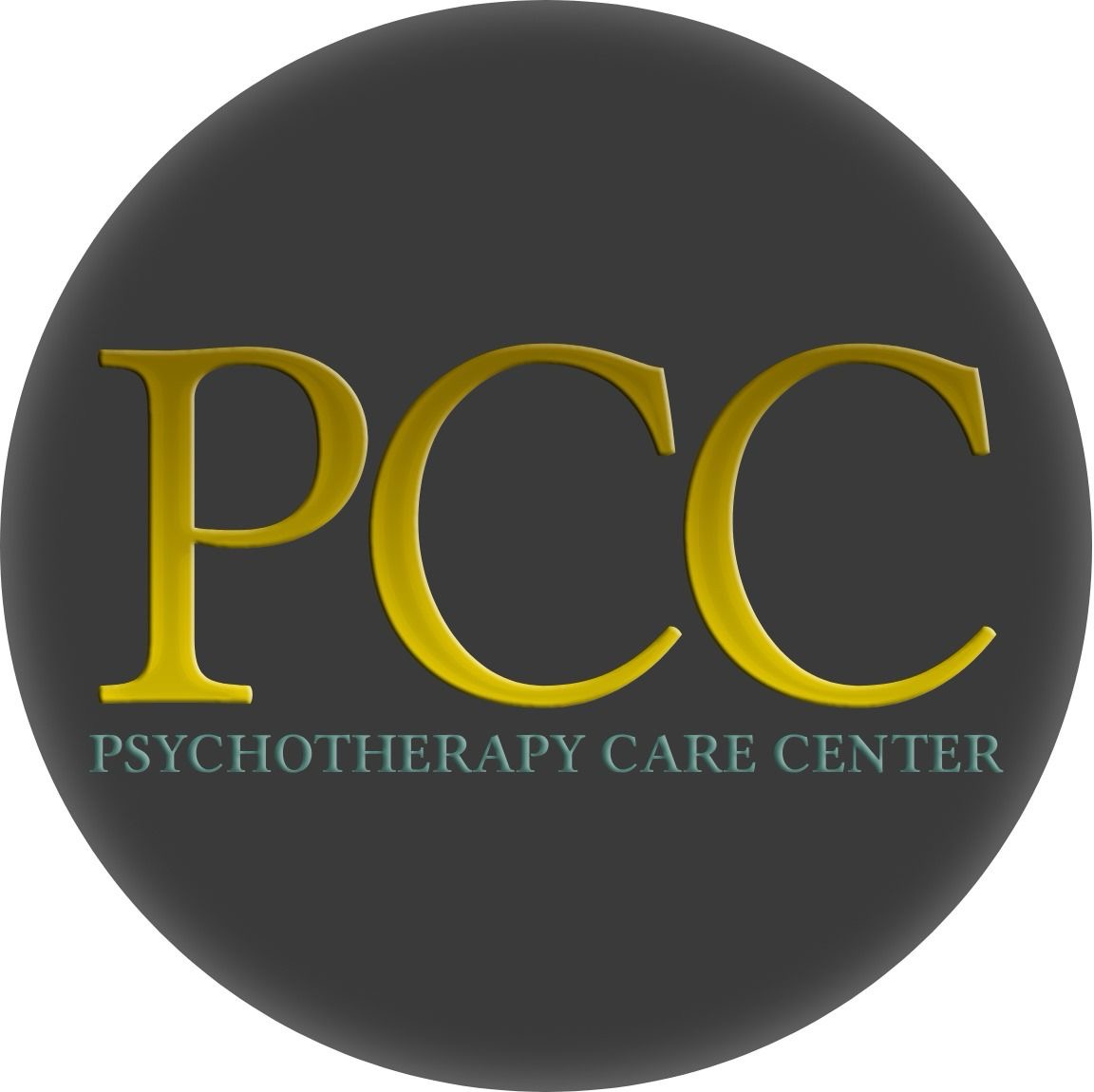Practice Areas
DEPRESSION
There are different types of depression, including major depressive disorder (characterized by one or more major depressive episodes), and persistent depressive disorder (long-term feelings of sadness that do not quite meet the clinical criteria for major depressive episodes).
ANXIETY
Anxiety is an umbrella term to describe the experience of feeling nervous, worried, fearful or panicked. For many people anxiety reactions can happen frequently during day-to-day tasks or social interactions and this can become an obstacle.
Stress Management
Managing stress begins with identifying its sources in your life, which can be more challenging than it seems. The true causes of stress may not always be apparent, and it's common to overlook personal thoughts, emotions, and behaviors that contribute to stress. While you might recognize concerns about work deadlines, it could be your tendency to procrastinate rather than the workload itself that leads to stress about meeting deadlines.
Anger Management
Anger management refers to the process of recognizing, understanding, and effectively controlling feelings of anger to prevent harmful or destructive behavior. It involves learning techniques and strategies to express anger in a healthy and productive manner, leading to improved communication, conflict resolution, and overall emotional well-being.
EATING DISORDERS
Disorderly eating issues that affect daily functioning. Emotional eating, restrictive eating, binge eating, lack of appetite or excessive appetite. This also include Anorexia Nervosa, Bulimia, Binge Eating Disorder, Orthorexia (obsession with healthy eating) and other disorders that does not involve body image issues or fears.
Major Life Transition
- Marriage (Separation, Divorce & Custody, Parenting, Reunification, Life After Kids, etc
- Communication
- Intimacy and Connection
- Money & Finances
HEALTH AND BODY NEEDS
Symptoms:
Noticeable fluctuations in weight, both up and down, stomach cramps, Menstrual irregularities (missing periods or only having a period while on hormonal contraceptives (this is not considered a “true” period), Difficulties concentrating,
Dizziness, especially upon standing, Feeling cold all the time, Sleep problems, Muscle weakness, Cold, mottled hands and feet or swelling of feet, Impaired immune functioning.
Medication Management
Our Medication Management Program is run by healthcare professionals who offer assessment, diagnosis, and medication intervention for treating mental health disorders. Individuals undergoing medication treatment are closely monitored to track progress, continuously evaluate symptoms, and enhance their quality of life.
PSYCOTHERAPY
Traditional psychotherapy is used for patients in need of traditional talk therapy to cope and adapt with everything that life brings. This approach includes psychodynamic, behavioral, cognitive and other well-known approaches used today in mental health.
Non-Traditional Psychotherapy
Non-traditional therapies tap into various levels of mind-body-spirit healing. They have a strong spiritual component, incorporating elements of transpersonal psychology, mental health nutrition and other traditions of healing.
Child & Adolescent therapy
Although children and adolescents face many of the same mental health difficulties as adults do, working with young people greatly differs for two primary reasons.
First, children tend to lack the emotional vocabulary that adults have, and are not able to express themselves verbally as well as adults are able to do.
Get Your Life Back
We're Here to Support You on Your Journey to Mental Wellbeing.
